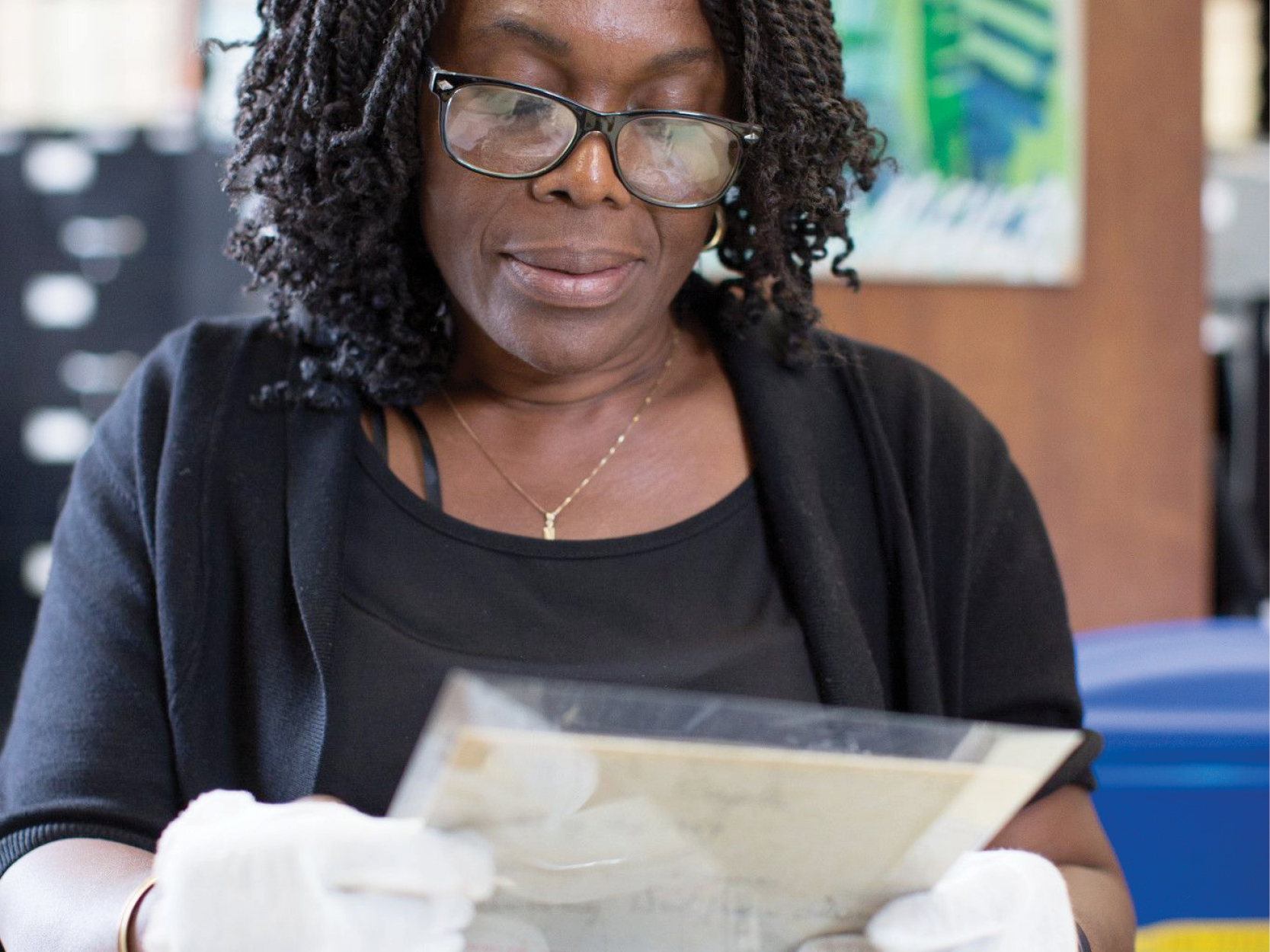 If there’s a New York state of mind—a Brooklyn state of mind—surely there’s an Ocean State of mind: a way of being that is quirky, independent, salty and unique to Rhode Island. Like a good book, it’s a small space with a big perspective. I spent some of my youth in Rhode Island and it’s a solace that whenever I crave a stuffed quahog or Del’s frozen lemonade or a dive off of a rocky precipice into cool, blue water, there are books out there that capture some of the state’s atmosphere and spirit. There are times in my life when I’ll sigh and say to myself, I’d rather be in Rhode Island, and nothing but a book can take me there.
If there’s a New York state of mind—a Brooklyn state of mind—surely there’s an Ocean State of mind: a way of being that is quirky, independent, salty and unique to Rhode Island. Like a good book, it’s a small space with a big perspective. I spent some of my youth in Rhode Island and it’s a solace that whenever I crave a stuffed quahog or Del’s frozen lemonade or a dive off of a rocky precipice into cool, blue water, there are books out there that capture some of the state’s atmosphere and spirit. There are times in my life when I’ll sigh and say to myself, I’d rather be in Rhode Island, and nothing but a book can take me there.
Founded in 1636 by the rogue Roger Williams, who left Massachusetts Bay Colony for religious freedom, Rhode Island was an early incubator of the idea of Separation of Church and State. Also fleeing Massachusetts for insubordination was another independent thinker, Puritan foremother Ann Hutchinson, who found safety in Rhode Island. Certainly, something of that renegade ethos is alive in the literary landscape of Rhode Island. Geographically the smallest state in the US and nicknamed the Ocean State for its beaches, large tidal bays and inlets, Rhode Island’s nautical nature pervades much of its culture. The state was supposedly given its name by explorer Giovanni Da Verrazano, who thought its coastline resembled the Greek island of Rhodes, forever lending the state a quality of far-flung discovery. So, discover these books and with them, some of the adventure and expansiveness of little old Rhode Island.
Impossible Vacation by Spalding Gray. Best known for his dramatic monologues Swimming to Cambodia and Monster in a Box, Gray was a native of Barrington, RI, and wrote just this one coming-of-age novel that begins with his memories of a childhood summer on the Rhode Island shore. Told in the intimate, casual and funny voice Gray used in his monologues with such beguiling effect, he recounts some of his wanderings through India and around the globe, his apprenticeship as an actor, and his attempts to come to terms with his mother’s suicide. These episodes are seen through Gray’s skewed, idiosyncratic perspective. At the heart of his quest is a desire to “learn how to hang out like a guy hanging out alone” or to achieve that ever-elusive state of “just being.” Or, one might say, Spalding Gray is always in search of some kind of ocean state of mind that he may or may not already be embodying.
A Key into the Language of America by Rosemarie Waldrop. Born in Germany, poet Rosemarie Waldrop has lived in Providence, RI since the 1960s, and this book of poetry weaves together her own experience of acclimating to the English language and to American culture, as a woman and as a poet, with the act of closely engaging with Roger Williams, the founding father of Rhode Island, and his 1643 text of the same name. Williams wrote it as a guide to the language and lore of the Narragansett Indians of Rhode Island, but Waldrop’s poems do many other things, including examine Roger Williams’ Christianity in relation to that of the Narragansett Indians: “that when you die/the soul goes West/is called perspective and describes/the weather in a past intense/with curtains drawn/to higher aspirations,” And throughout, Waldrop plays with various notions of who, or what is being colonized and how: language, land, bodies of water, people. As only a good poem can manage to do, A Key into the Language of America can spark the imagination and make one notice and feel things anew; like the way the Narragansett place names in Rhode Island look and sound: “Aquidneck/Chepachet/Cocumscussock/Pawtucket/Pawcatuck,” it’s as though one were always both an insider and an outsider of a certain place.
Theophilus North by Thornton Wilder. The only Pulitzer prizewinner to have won the award for both fiction and drama, Thornton Wilder wrote this—his last novel—in his 70s and it is very much an older man’s glance back at youth and life’s endless possibilities. It takes place in Newport, RI where the title character, age 29, having no idea what to do with his life, stops to buy a car from a friend. And, after stumbling into the dizzying vortex of Newport high society, young Theophilus North decides to remain there. Though sentimental in the best sense of the word, the novel, like Wilder’s timeless play Our Town, is also a philosophical questioning of what it means to lead a true and good life. It also captures a shimmering Newport, with all its provincial ways, as well as its intoxicating grandeur.
Providence Noir by Ann Hood It would be crime not to write about all the mafia in Rhode Island; so, good thing this edition of the popular noir anthology series, edited by longtime Rhode Island writer Ann Hood, includes a few old fashioned crime stories to cast a suitably moody gaze upon her native Providence, Rhode Island. These stories unveil the unseemly and the uncanny in familiar landmarks like Trinity Repertory Company Theatre and Brown University. Contributors such as Peter Farrelly, Dawn Raffel and Elizabeth Strout each offer their own take on this most shadowy city.
The New Annotated H.P. Lovecraft by H.P. Lovecraft The consummate writer of horror, whose imagination was alive with monsters of a bygone era, urban aquatic topographies and eternal demons of the cosmos, H. P. Lovecraft turned to his terrestrial hometown for inspiration. Born in Providence in 1890, he conjured sinister characters and profound mystery from the city's venerable facades. Any immersion in Lovecraft's oeuvre will yield intricate visual details and a masterfully distorted perspective of old Rhode Island.
This blog post reflects the opinions of the author and does not necessarily represent the views of Brooklyn Public Library.
Val has captured the essence
Post a Comment
While BPL encourages an open forum, posts and comments are moderated by library staff. BPL reserves the right, within its sole discretion, not to post and to remove submissions or comments that are unlawful or violate this policy. While comments will not be edited by BPL personnel, a comment may be deleted if it violates our comment policy.
eNews Signup
Get the latest updates from BPL and be the first to know about new programs, author talks, exciting events and opportunities to support your local library.







